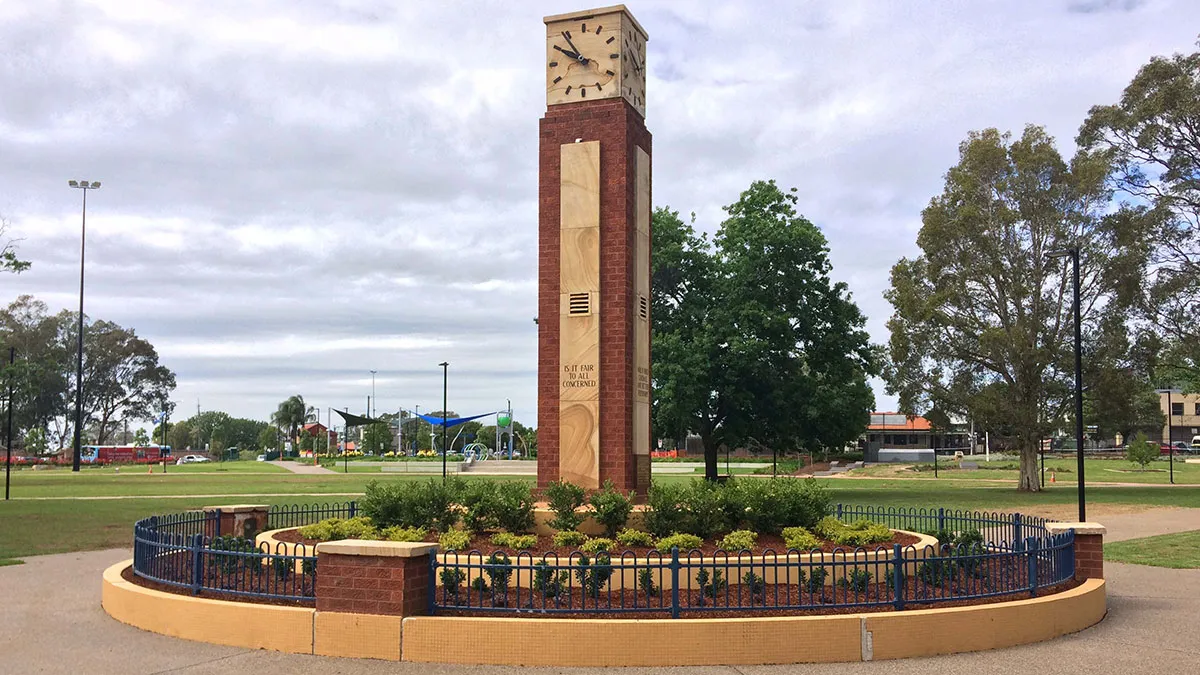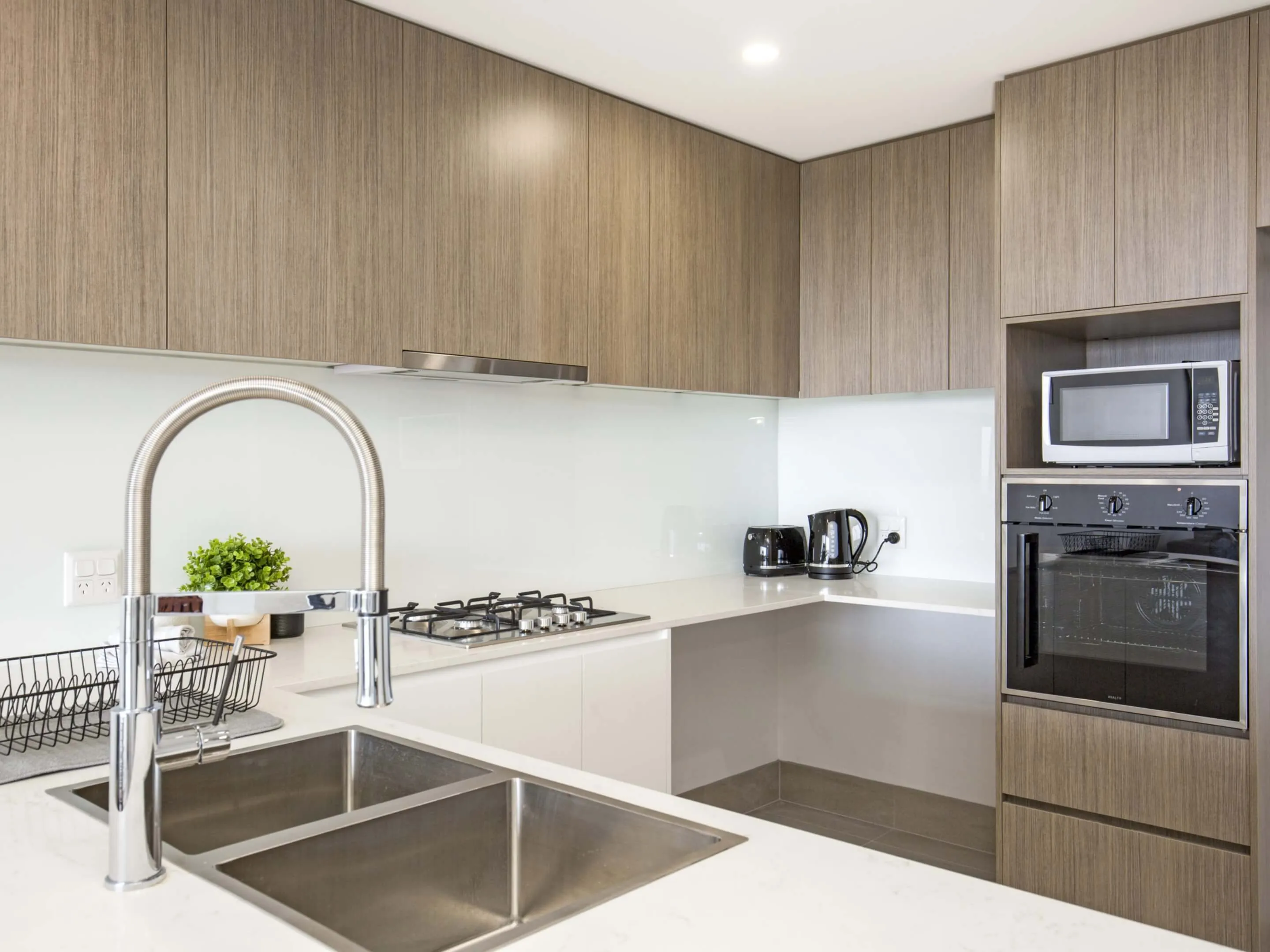Respite Care for People with Down Syndrome
At United For Care, we understand the unique needs of people with Down Syndrome. Our empathetic respite care services in Sydney offer a safe, nurturing environment where your loved ones can flourish. We provide peace of mind and quality care tailored to each person's unique needs.
Respite Vacancies
No result found!
Respite Care for People with Down Syndrome
Short-Term Accommodation
Sometimes, carers need a well-deserved break. This is where Short Term Accommodation (STA) comes in. Imagine a relaxing and stimulating environment where your loved one living with Down syndrome can receive high-quality care and engage in enjoyable activities while you take some time for yourself. STA can be a lifesaver for families and carers, allowing them to recharge and return to their caring role feeling refreshed.
The Benefits of STA
- STA provides a break for carers, allowing them rest, attend appointments, or simply have some time for themselves, effectively reducing stress and burnout.
- STA provides a stimulating environment for people living with Down syndrome, with opportunities for social interaction and new experiences, combating boredom and promoting social development.
- Crucially, STA gives peace of mind to carers. This is because you know your loved one is receiving high-quality care in a safe and secure environment, allowing you to rest and recuperate worry-free.
Medium-Term Accommodation
Life can sometimes throw unexpected curveballs. Maybe you're renovating your home or need some temporary accommodation while transitioning to a new NDIS plan. This is where medium-term accommodation comes to the rescue.
MTA offers a comfortable and accessible living arrangement that caters to your needs for a specified period. NDIS funding can help cover the costs of medium term accommodation, providing a flexible living solution that fits with your needs during transitional periods.
The Benefits of MTA for People Living with Down Syndrome
- MTA provides a temporary housing solution during unforeseen circumstances, avoiding disruptions to your daily routines.
- MTA allows people with Down syndrome to maintain access to support services and familiar environments during transitions.
- Finally, MTA minimises the stress associated with temporary housing needs, promoting a sense of continuity and stability.
Accessing NDIS Accommodation
To access NDIS accommodation options, you’ll first need to have an NDIS plan. This plan outlines the supports funded by the NDIS and how they can be used. It's essential to discuss your housing needs during your NDIS planning meeting to ensure that accommodation is included in your plan.
Accommodation Considerations
When considering your accommodation options, consider the level of support needed, the proximity of the accommodation to family and local amenities, accessibility, and personal preferences about the type of environment you’ll eventually live in. The pricing for each accommodation type under the NDIS is regulated and varies depending on the support levels and location.
The NDIS looks at your individual needs and goals in your NDIS plan to see if you qualify. They can help with accommodation if it helps you reach your goals and if Down syndrome makes it hard to live safely and on your own. This might include things like:
- Needing help with things like getting dressed, showering, or moving around the house.
- Having trouble getting around without any help.
- Needing a home with special features your current one doesn't have.
SIL Accommodation
United For Care provides Supported Independent Living (SIL) which is a perfect blend of independence and support. Our friendly and qualified support workers are readily available to assist with daily tasks as needed. These tasks might include meal preparation, personal care, medication management, budgeting, and developing life skills for greater independence.
The Benefits of SIL for People with Down Syndrome
- SIL offers a predictable routine, which can be comforting and promote a sense of security for people living with Down syndrome who may thrive on structure.
- Living in a shared SIL environment promotes social interaction and companionship, combating potential feelings of isolation.
- Support workers can be specifically trained to understand the unique needs of people living with Down syndrome, such as communication styles and learning preferences.
- SIL encourages people to develop their independence in a supportive environment, so you can build confidence, self-esteem, and autonomy in your day-to-day life.
Frequently Asked Questions
The NDIS understands that living with Down syndrome can present unique challenges. That's why they offer various accommodation options to promote independence, safety, and social interaction. These include Supported Independent Living (SIL), Specialist Disability Accommodation (SDA), Short-Term Accommodation (STA), and Medium-Term Accommodation (MTA).
Think about how much independence you want, how much help you need with everyday life, where you'd like to live, and if the place has features that enable you to perform your daily routines. Here are some things to keep in mind to help you decide:
- How much support do you need with daily tasks to reach your independence goals?
- Are there specific features you need, like wider doorways, a shower you can roll into, or special tools and technology in the house?
- Where would you feel most comfortable? Do you want to be close to family, friends, or buses and trains?
Supported Independent Living (SIL) allows you to live in your own space with friendly support workers on hand to assist with daily tasks like cooking, cleaning, and medication management. This predictable routine can provide a sense of security, while the support workers can be trained to understand your specific needs.
Here are some ways SIL can benefit you:
- Develops independence: With support, you can build confidence and self-esteem by managing daily tasks on your own.
- Combats isolation: Shared living environments foster social interaction and companionship.
- Promotes well-being: A predictable routine can reduce stress and anxiety.
This is where Specialist Disability Accommodation (SDA) comes in. SDA homes are designed with modifications like wider doorways, grab bars, and lowered kitchen benches to remove physical barriers and promote independent living.
Here's how SDA benefits people with Down syndrome:
- Increases safety: Modifications minimize the risk of accidents and injuries.
- Enhances comfort: A well-designed space creates a sense of control and ownership over your environment.
- Promotes independence: You can navigate your living space with ease, enabling you to live more independently.
There are four levels of modification in SDA homes:
- Improved Liveability: This offers basic accessibility features like wider doorways and grab bars, making your home slightly easier to navigate.
- Fully Accessible: This level removes most physical barriers with wider doorways, ramps, accessible showers, and features that cater to a wider range of mobility needs.
- Robust: Designed for high wear and tear, this includes reinforced surfaces, fixtures, and potential for future modifications to suit changing needs.
- High Physical Support (HPS): This features all of the above with additional elements like ceiling hoists, assistive technology integration, and emergency power solutions for those requiring the most extensive support for daily living.
The level of modification you need will depend on the nature of your disability. Some people may manage well with minor adjustments, while others may require a fully equipped and supported environment.







































.webp)
.webp)
.webp)

.webp)
.webp)
.webp)


.webp)





.webp)

